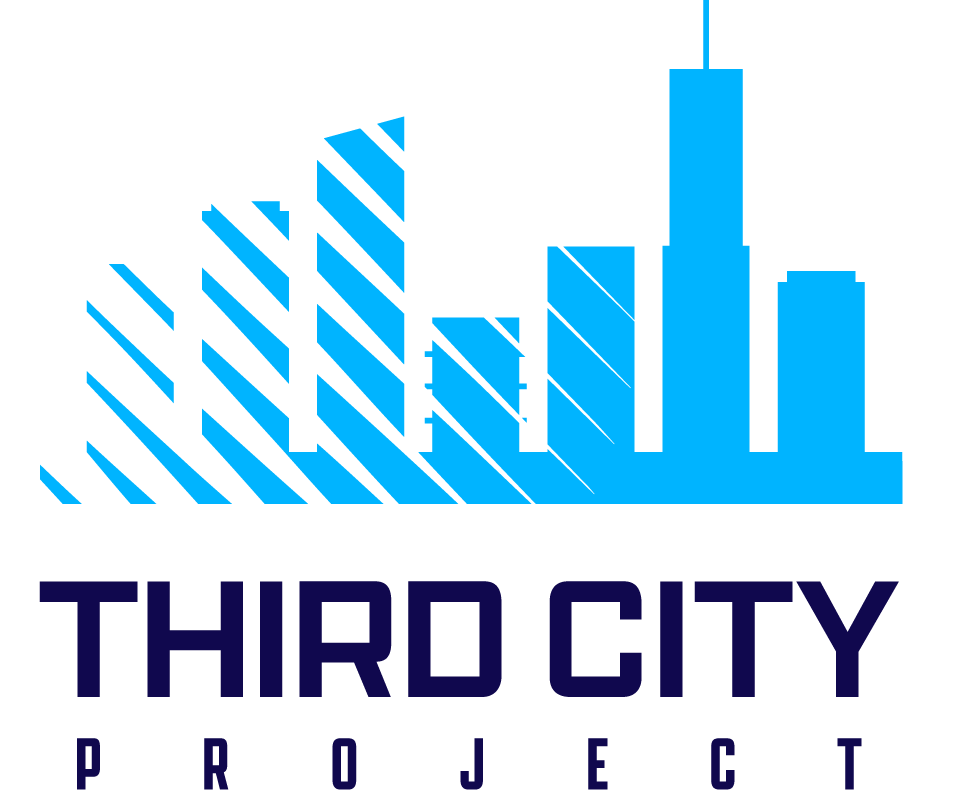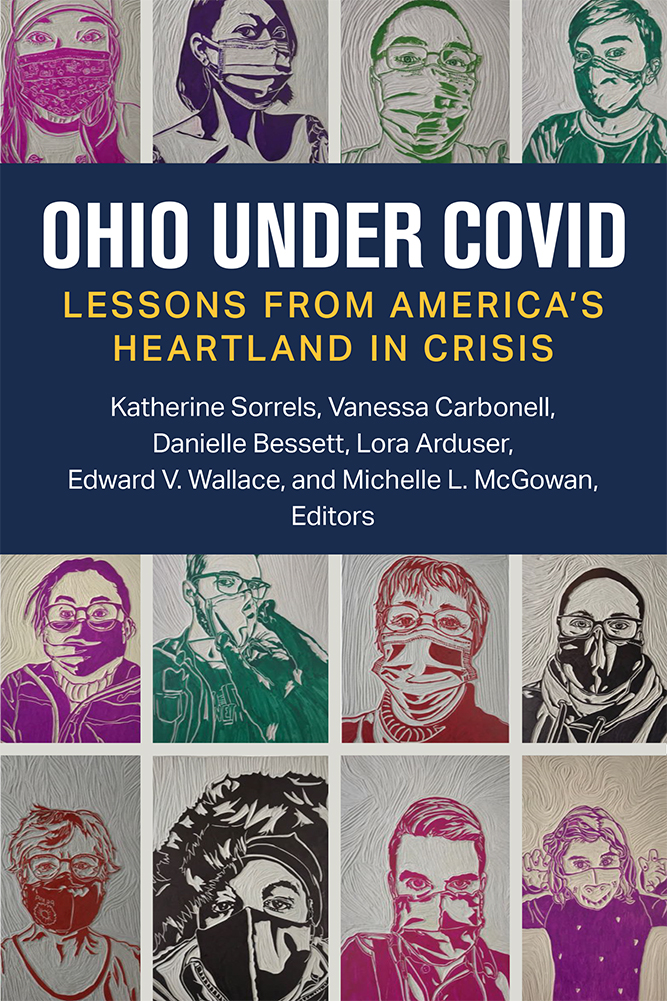Shining a light on COVID inequities: A personal reflection
FIND IT IN PRINT OR ONLINE
Recently published by the University of Michigan Press, Ohio Under COVID: Lessons from America’s Heartland in Crisis, tells the human story of the pandemic from a numerous walks of life. Two themes emerge again and again: how the pandemic revealed a deep tension between individual autonomy and the collective good, and how it exacerbated social inequalities in a state divided along social, economic, and political lines. Both of these themes are explored in a chapter authored by lab member Forrest Behne and University of Cincinnati bioethicist, Dr. Elizabeth Lanphier.
The chapter, titled “Prisons, Pandemics, and Personal Responsibility,” offers research and reflections on the early days of COVID, and how the government response set a precedent that would be mimicked in other states. Throughout the essay, the authors weave first-person accounts from Forrest’s time spent wrongly incarcerated at Ohio’s London Correctional Institution. Marrying epidemiological analysis with a depiction of life inside a prison besieged by the virus offers the reader poignant insight into the crisis while highlighting the need for criminal-legal reform.
To find out more about the data underpinning this essay, visit the COVID Prison Project website. The book is available for purchase through the University of Michigan Press. A digital version of the text is available through Open Access, including the essay “Prisons, Pandemics, and Personal Responsibility.”
Lived experience can be a potent tool for researchers and advocates. By sharing details of Forrest’s time incarcerated during the pandemic, the authors highlight both the monotony and the terror of this period. Data collected by the COVID Prison Project and others offer context to how practical, logistical, and political constraints affected carceral operations. Combined, these sources ask the reader to consider the ethical imperative of criminal-legal reform and how these efforts must center changes to carceral health.
The essay culminates by urging policymakers and the public to critically analyze their views on incarceration and health. “The orthodoxy of corrections—that the individual bears singular responsibility for their situation—became the lens through which the pandemic was viewed in correctional settings. This approach fundamentally shaped Ohio’s management of COVID in its prisons and jails.” The pandemic showed that the world is more connected than ever and that population and individual health are inextricably linked. Despite this, carceral administrators and public health officials across the country failed to sufficiently protect those experiencing incarceration.


